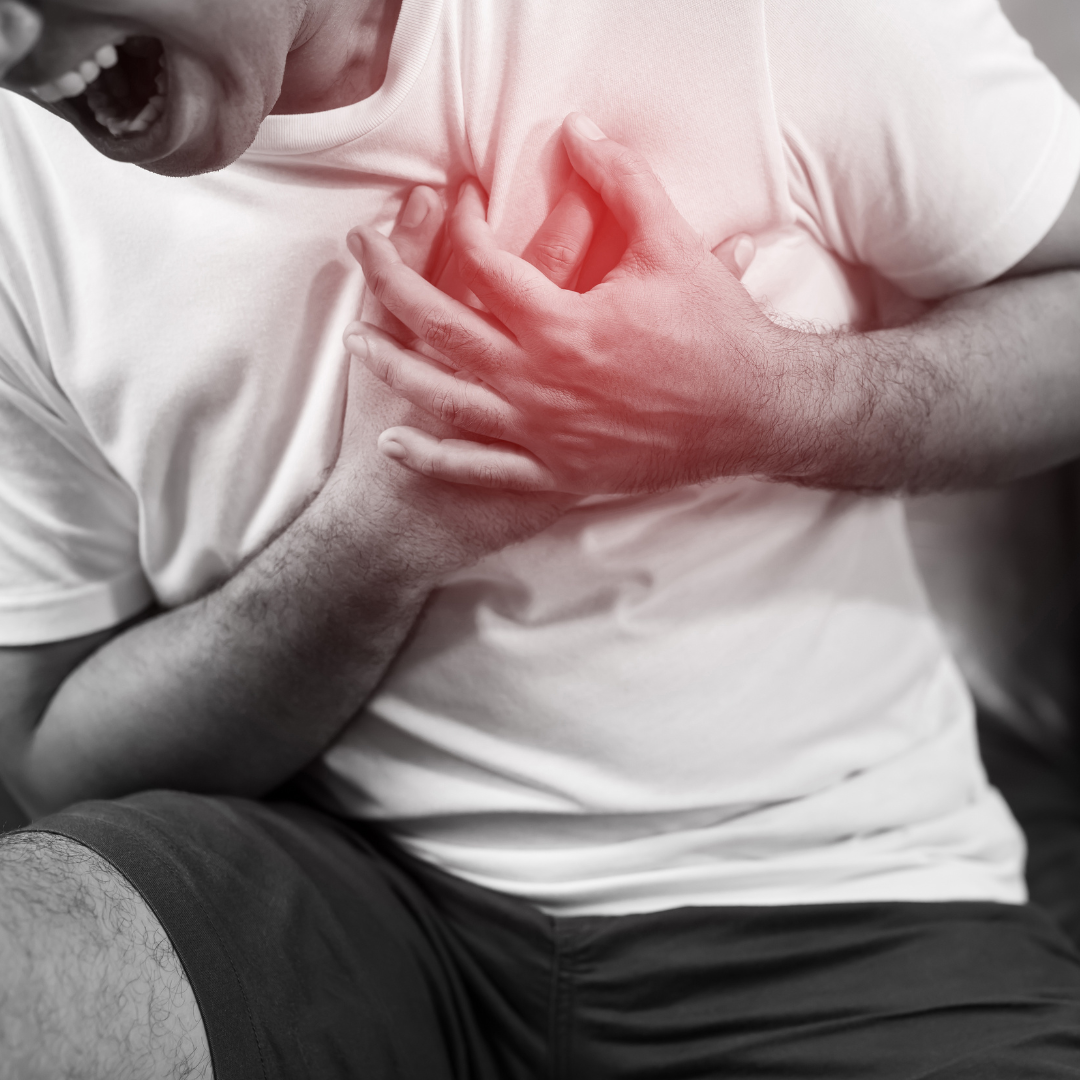
Chest pain can be alarming, particularly when it strikes unexpectedly. Many people in Delhi face a common dilemma: Is this discomfort heartburn, or could it be a heart attack? The symptoms of heartburn and a heart attack often overlap, making it difficult to tell the difference. Given that heart disease is on the rise in India, understanding when to look for urgent medical attention is important. Read this blog till the end ig you want to learn how to distinguish between heartburn and heart attack symptoms and when to consult with a best cardiology hospital in Delhi.
What is Heartburn?
Heartburn, or pyrosis, is a burning sensation in the chest caused by stomach acid refluxing into the esophagus. This discomfort often occurs after meals, especially when lying down or bending over. Occasional heartburn is common and manageable with lifestyle changes or over-the-counter medicines, but frequent episodes may indicate gastro-oesophageal reflux disease (GERD). In India, around 7.6 – 30% of the population is estimated to experience heartburn at least once a month.
Heartburn symptoms include:
- Burning sensation in the chest or throat
- Sour or bitter taste in the mouth
- Pain that gets worse when lying down
- Discomfort after meals
There are several homemade remedies to prevent heartburn at home. Below are some Ayurvedic and traditional remedies that can help reduce heartburn symptoms:
Home Remedies for Heartburn
- Amla: Known for its antioxidant properties, amla helps reduce acidity. You can consume it raw, as juice, or in powdered form mixed with honey.
- Jeera: Boil cumin seeds in water and drink the strained liquid. This remedy supports digestion.
- Pudina: Mint has cooling properties that prevent heartburn. Boil mint leaves in water, drink the cooled solution, or chew fresh mint leaves for relief.
- Ginger: Fresh ginger can be chewed or used to make tea. It stimulates digestion and reduces inflammation.
- Saunf: Chewing fennel seeds after meals helps control heartburn.
- Buttermilk: A glass of buttermilk mixed with a pinch of turmeric and asafetida can reduce acidity.
- Mulethi: Make tea from licorice root to coat the stomach lining.
What is a Heart Attack?
A heart attack, or myocardial infarction, occurs when blood flow to part of the heart muscle is reduced or blocked, often due to plaque buildup in the coronary arteries. This blockage can cause damage or death to the heart muscle.
Symptoms of a heart attack include:
- Pain or pressure in the chest, arms, neck, jaw, or back
- Shortness of breath
- Sweating, feeling dizzy, or light-headed
- Nausea or vomiting
If the pain feels unusual or lasts more than 15 minutes, immediately consult with the best cardiology hospital in Delhi for an urgent check-up.
Differences Between Heartburn and a Heart Attack
Here are a few things to look for when you feel chest pain to help you understand whether it’s heartburn or a heart attack:
- Where is the pain? Heartburn usually stays in the chest or upper abdomen. A heart attack can cause pain that spreads to your arms, neck, or back.
- How long does the pain last? Heartburn may go away after taking an antacid or changing your position. But heart attack pain doesn’t go away quickly and may last more than 15 minutes.
- Other symptoms: If your chest pain comes with sweating, dizziness, or trouble breathing, it’s more likely to be a heart attack. These symptoms don’t usually happen with heartburn.
- Activity and pain: Heart attack symptoms can worsen with physical activity, while heartburn usually occurs after eating.
When to See a Cardiologist
If you frequently experience chest pain or discomfort, make an appointment with a heart specialist in Delhi. They can perform tests to determine whether the pain is due to heartburn or a heart problem. A quick consultation with a heart doctor in Delhi can help you understand your condition and take steps to prevent further issues.
Conclusion
Heartburn and heart attack symptoms can be similar, but it’s important to know the difference. If your chest pain doesn’t go away, spreads to other parts of your body, or comes with other symptoms like sweating or difficulty breathing, it could be dangerous. Don’t ignore it—getting help quickly can save your life. For patients in Delhi, where heart disease is common, it’s important to understand these symptoms and consult a heart care center like Kalra Hospital.





